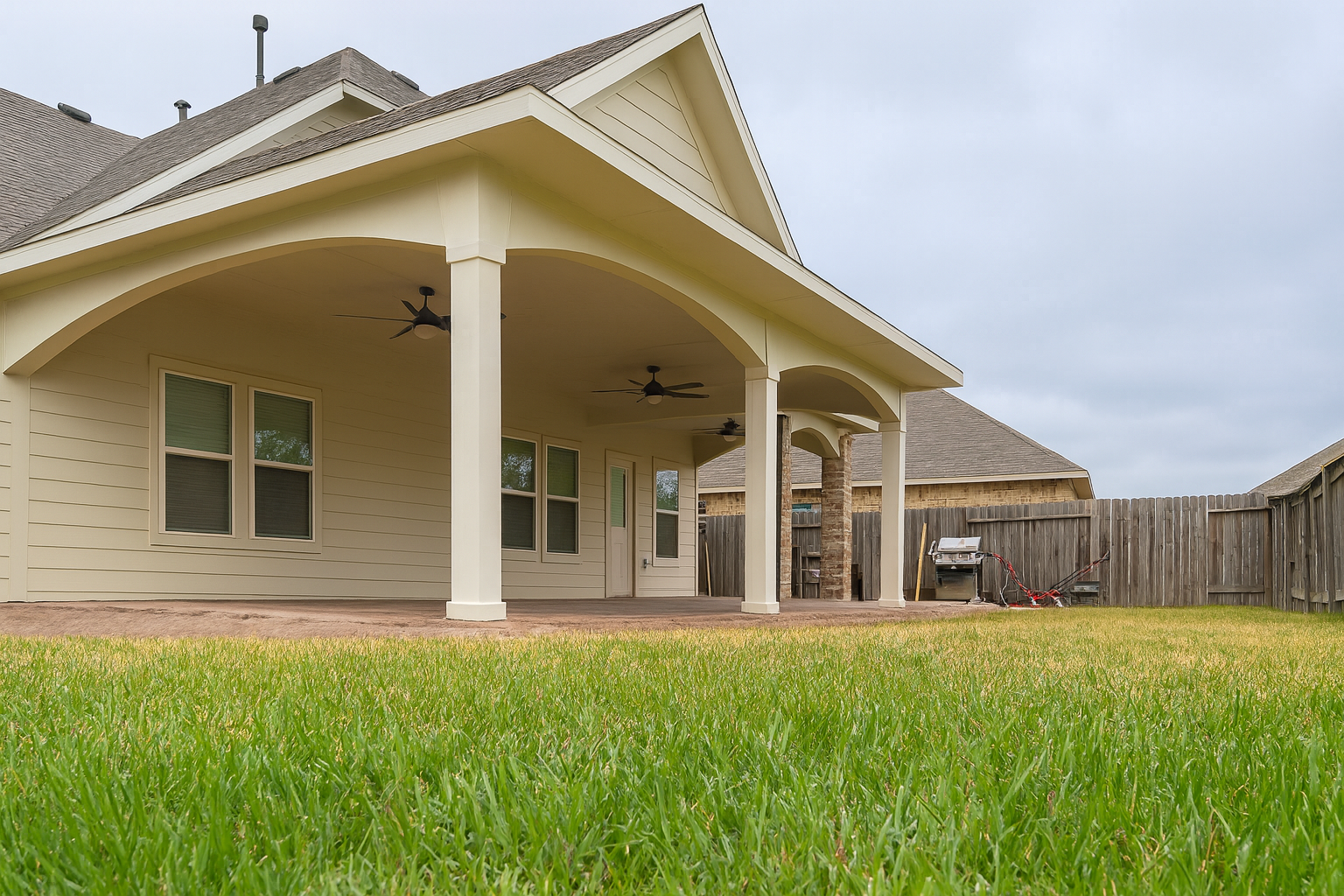
The Future of Sustainable Construction: Trends and Innovations Nov 21, 2025
The construction industry is notorious for its significant impact on the environment through high energy consumption and waste production. However, recent advancements have made it possible to build more sustainably. Sustainable construction minimizes environmental impact while promoting energy efficiency and resource conservation. This is achieved through innovative practices, materials, and technologies.
One of the most exciting trends in sustainable construction is the use of eco-friendly materials. These materials reduce the carbon footprint of buildings and enhance energy efficiency. For instance, green concrete, which uses recycled materials and emits less CO2 than traditional concrete, is gaining popularity. In addition, sustainable wood products, responsibly sourced and certified, are increasingly replacing more harmful materials in building projects.
Another groundbreaking innovation is the integration of renewable energy sources into construction projects. Solar panels, wind turbines, and geothermal energy systems are becoming more prevalent, helping buildings to generate their own clean energy and reduce reliance on non-renewable resources. Not only do these technologies lower operational costs, but they also attract environmentally-conscious buyers and tenants.
The concept of smart buildings is also reshaping the future of construction. With advances in IoT (Internet of Things) technology, buildings can now optimize energy use, enhance comfort, and improve efficiency. For example, smart thermostats and lighting systems adjust automatically to suit occupants' needs while conserving energy. Furthermore, building management systems (BMS) allow for comprehensive monitoring and control of energy usage, making buildings more sustainable and cost-effective.
Water conservation is another critical component of sustainable construction. Innovative systems such as rainwater harvesting and greywater recycling are being integrated into building designs to reduce water consumption. These systems not only contribute to environmental conservation but also help reduce water bills significantly for property owners.
Adapting urban areas through sustainable city planning is essential for the future of construction. Urban areas can be transformed into greener spaces by incorporating more green roofs and walls, which improve air quality and biodiversity while reducing the urban heat island effect. Furthermore, designing walkable neighborhoods with efficient public transport options reduces the need for personal vehicles, reducing emissions and improving air quality.
The drive towards a circular economy in construction is leading to innovative waste management practices. By recycling materials and reducing construction waste, the industry can move towards zero-waste goals. Technologies that allow for the re-use of materials from deconstructed buildings are becoming a standard practice, promoting sustainability throughout the building's lifecycle.
In conclusion, the future of sustainable construction is rich with potential for innovation and positive change. For companies like BJR Construction, staying informed and adaptable to these trends is essential for success. By embracing eco-friendly materials, renewable energy, smart building technologies, and sustainable urban planning, the construction industry can significantly reduce its environmental impact. Sustainable construction not only benefits the planet but also ensures that companies can meet the demands of environmentally-conscious consumers and create lasting, positive impacts on communities.
/filters:no_upscale()/filters:format(webp)/media/46dfd218-37a0-41bd-aaef-5469f295d904.png)
/filters:no_upscale()/filters:format(webp)/media/c29c2ceb-19f4-4e04-a5ce-76d669cbf0dc.jpeg)